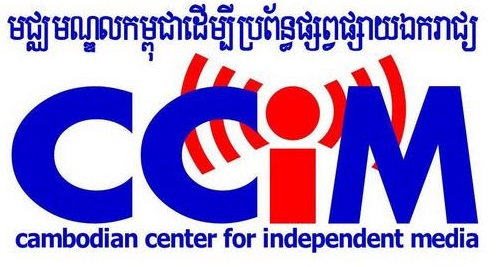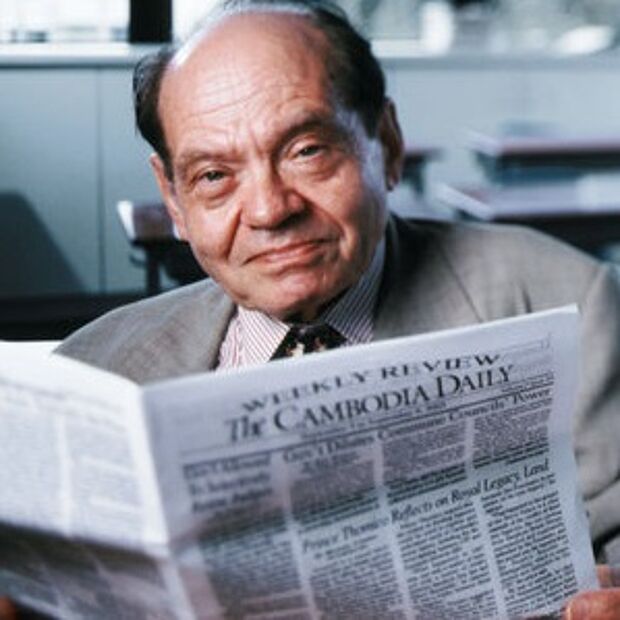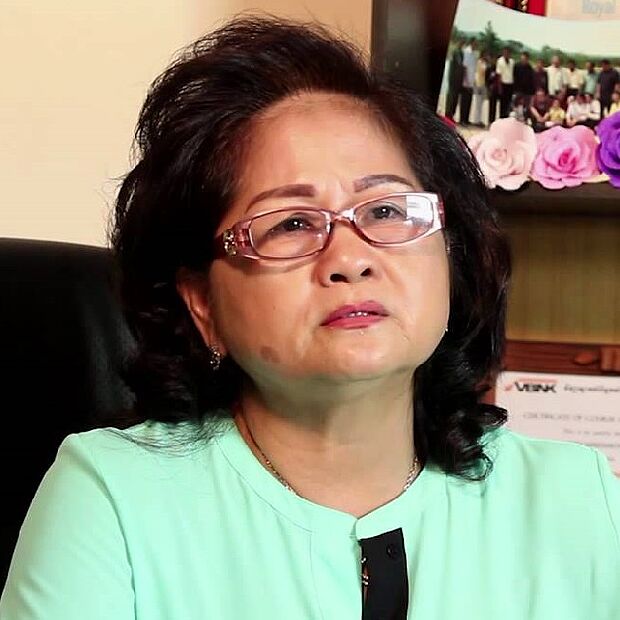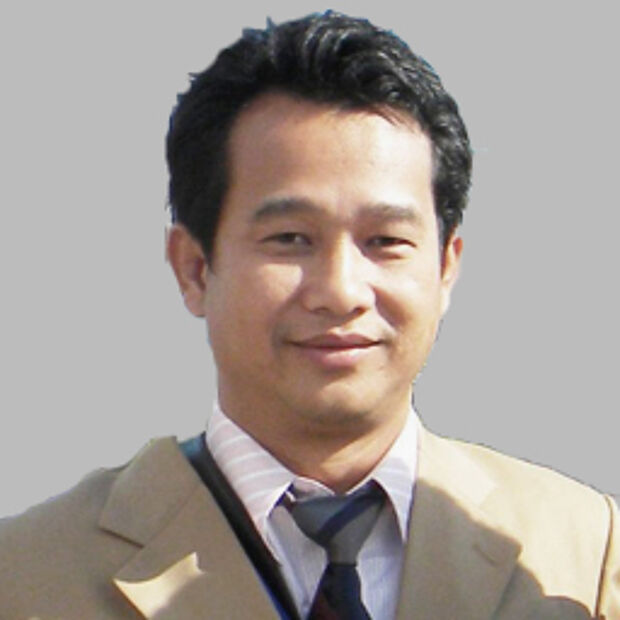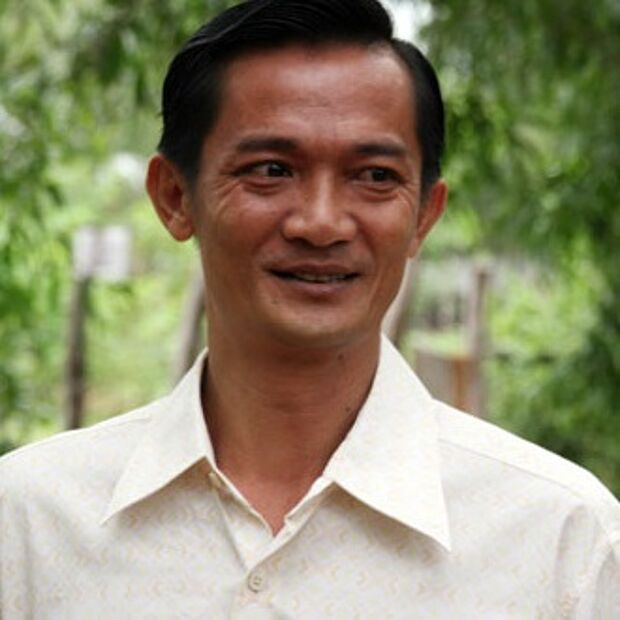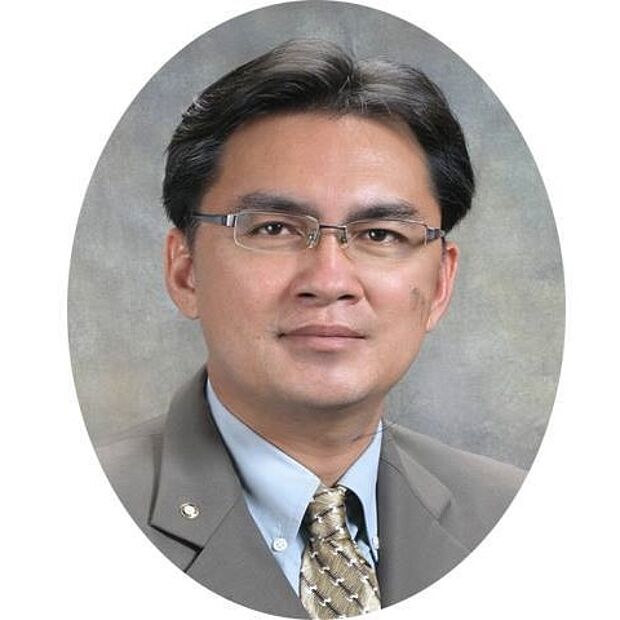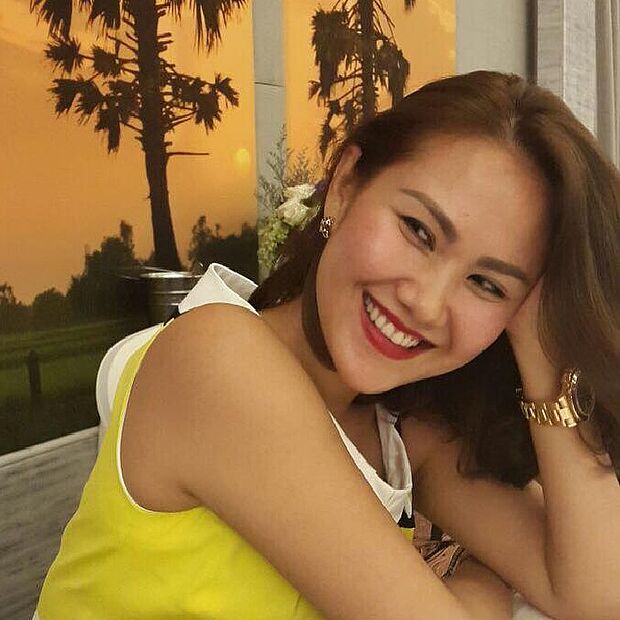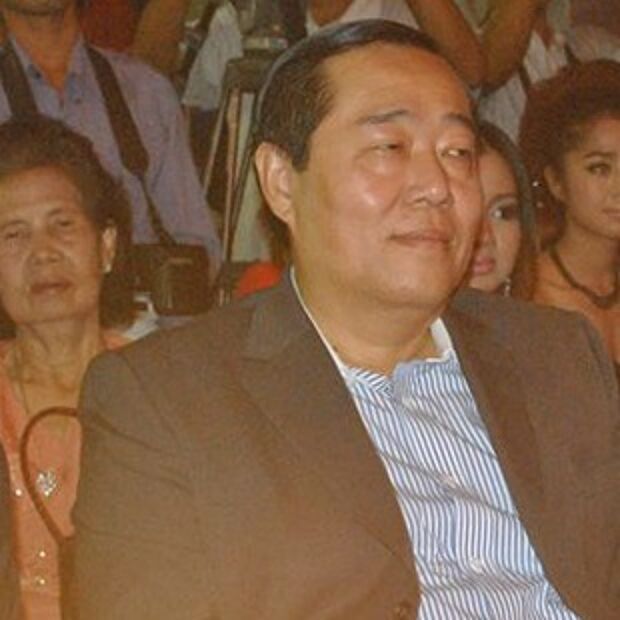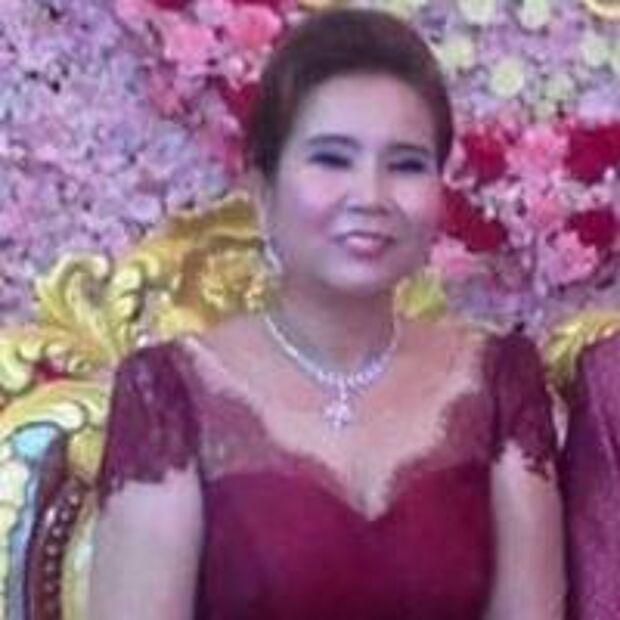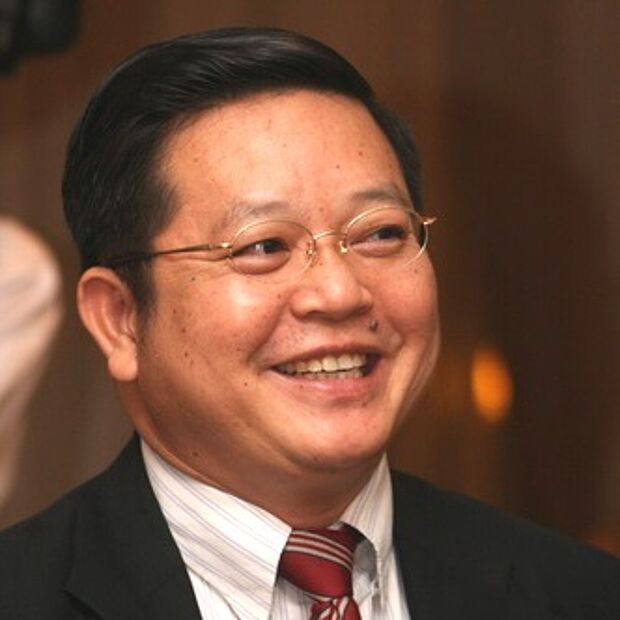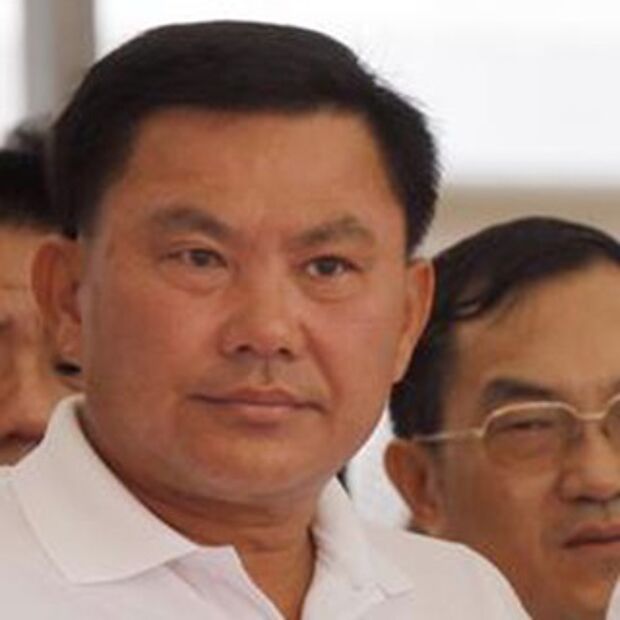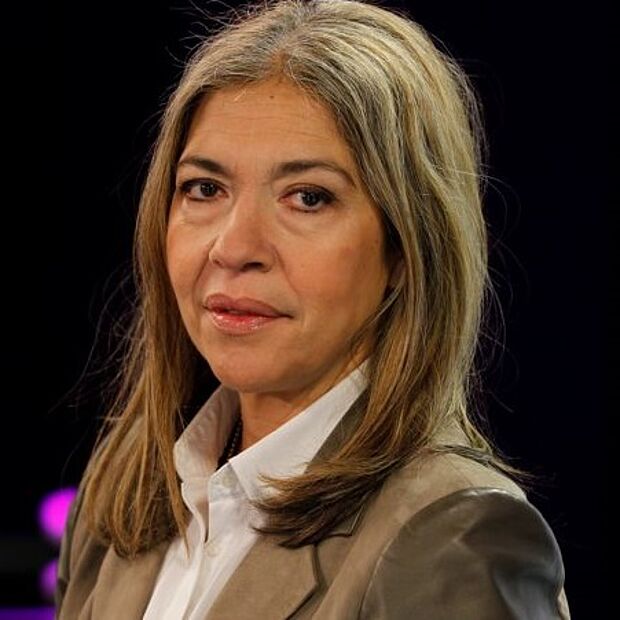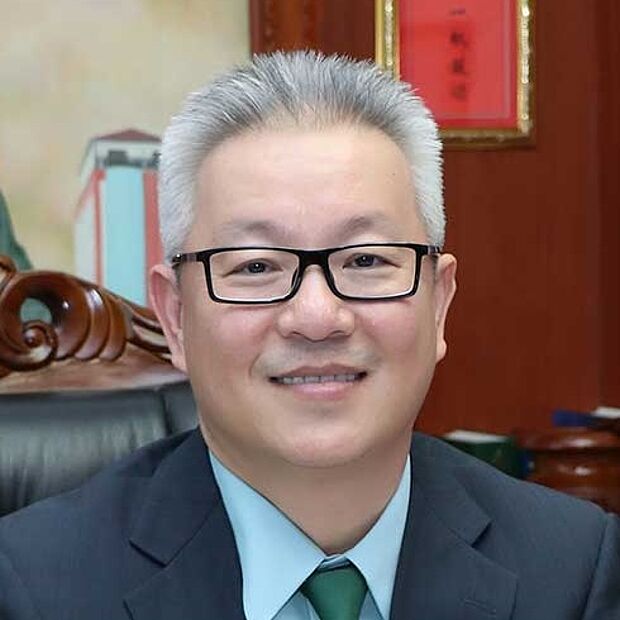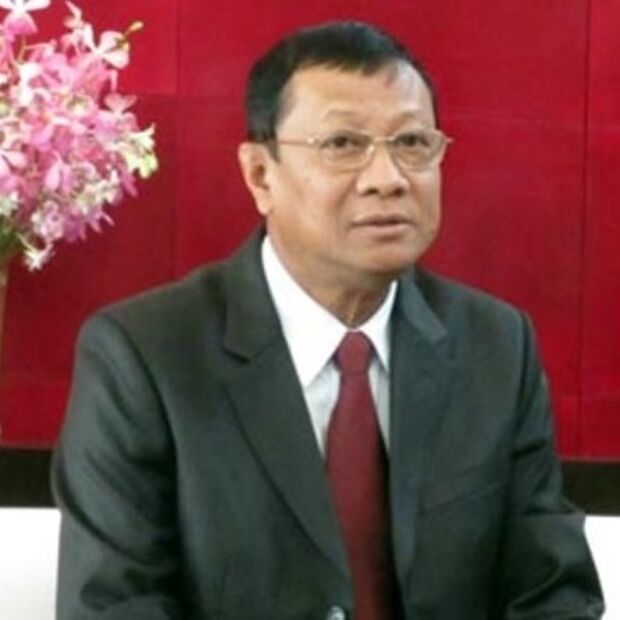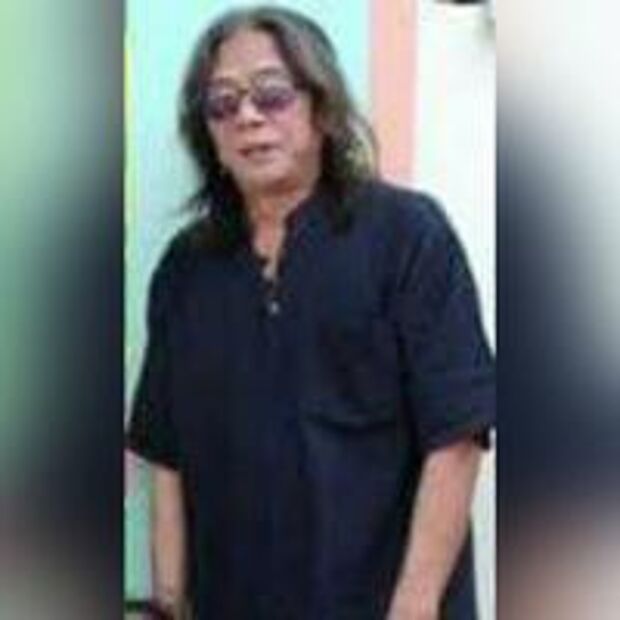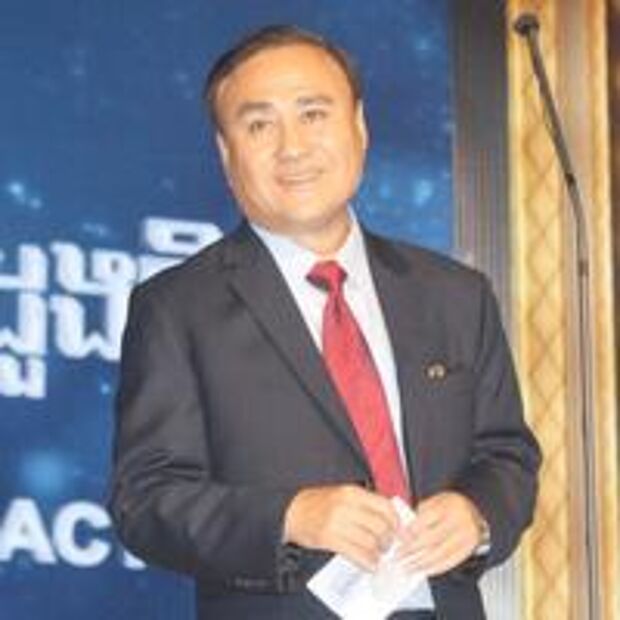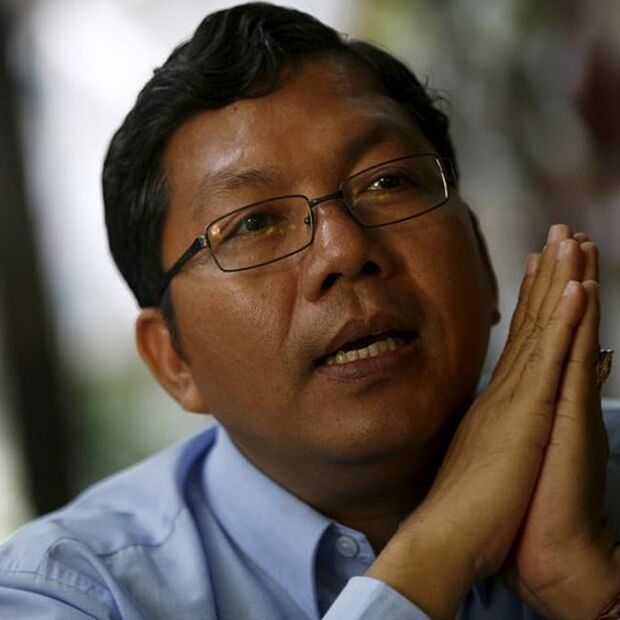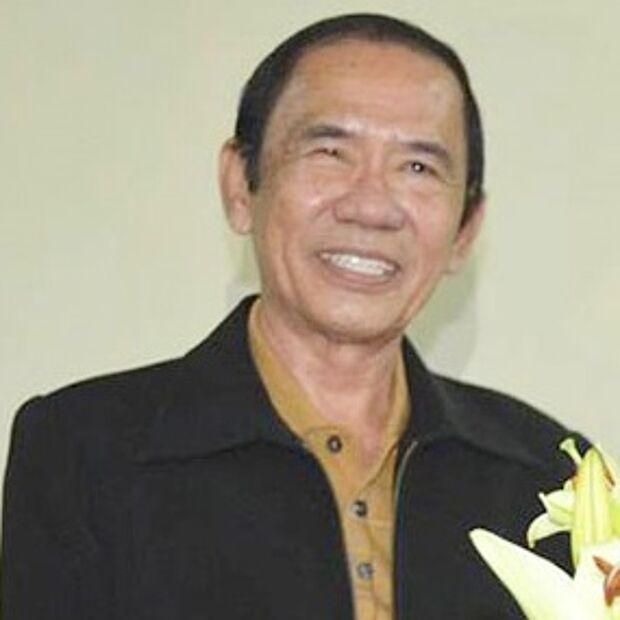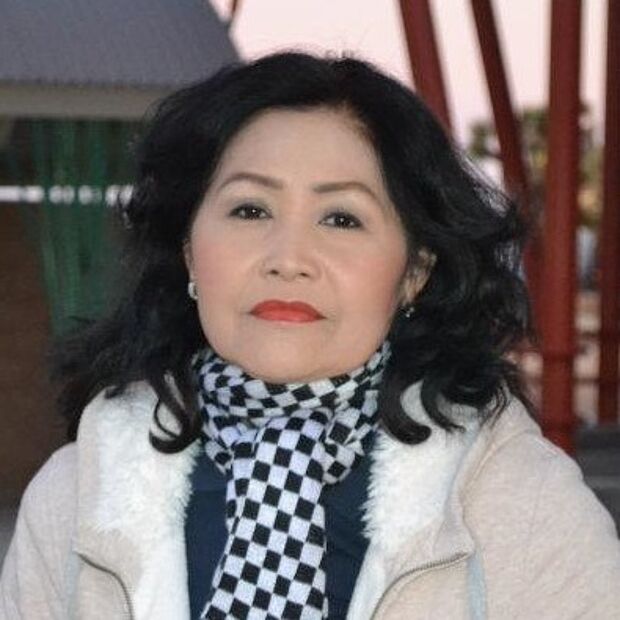Tycoons and smaller fishes
Out of the 27 media owners investigated, 9 are business or political tycoons.This means they are involved in different businesses besides their media activities, ranging from agriculture, general trade to real estate. Some of them are among the most powerful people of the country. Business and political tycoons occupy most of the media scene, as 3 of them gather at least 54% of the TV viewership, the most popular media sector in Cambodia. As a whole, these 9 tycoons own 16 media outlets, with the 9 out of the 10 surveyed TV stations, 3 print outlets among the top 4 of the sector (40% of the readership), 1 of the most relevant radio stations, 3 of the most visited websites in the country – even if the number of visitors remains marginal – and one of the most popular ISP of the country.
In general, Cambodian media owners are smaller businessmen and women, mostly only involved in the media sector.
Owning a media station can be beneficial for people involved in other business sectors: according the MOM advisory group, they could be interested to use their media outlets as channels for advertising their other business activities. This makes media economically beneficial even if the extent of turnover in the media sector remains questionable. Examples for that:
- Heng Sovann owns a fertilizer company and uses its radio stations to advertise for it.
- Chin Phearum owns different services from real estate to general trading an uses Tonle FM to advertise for them.
Foreign-Owned Media
Cambodian media sector is also characterized by the presence of foreign media owners. Among the 41 media outlets surveyed, 4 media outlets are owned 100% by Australian, US, Malaysian and French nationals.
The Rest
Among the last 3 owners, 1 is an NGO worker, 1 opposition lawmaker, and 1 political activist.
